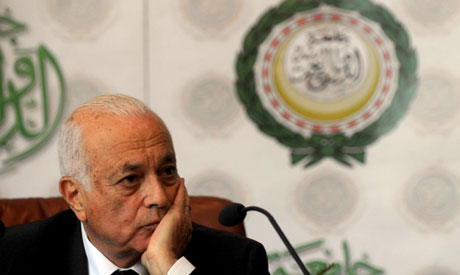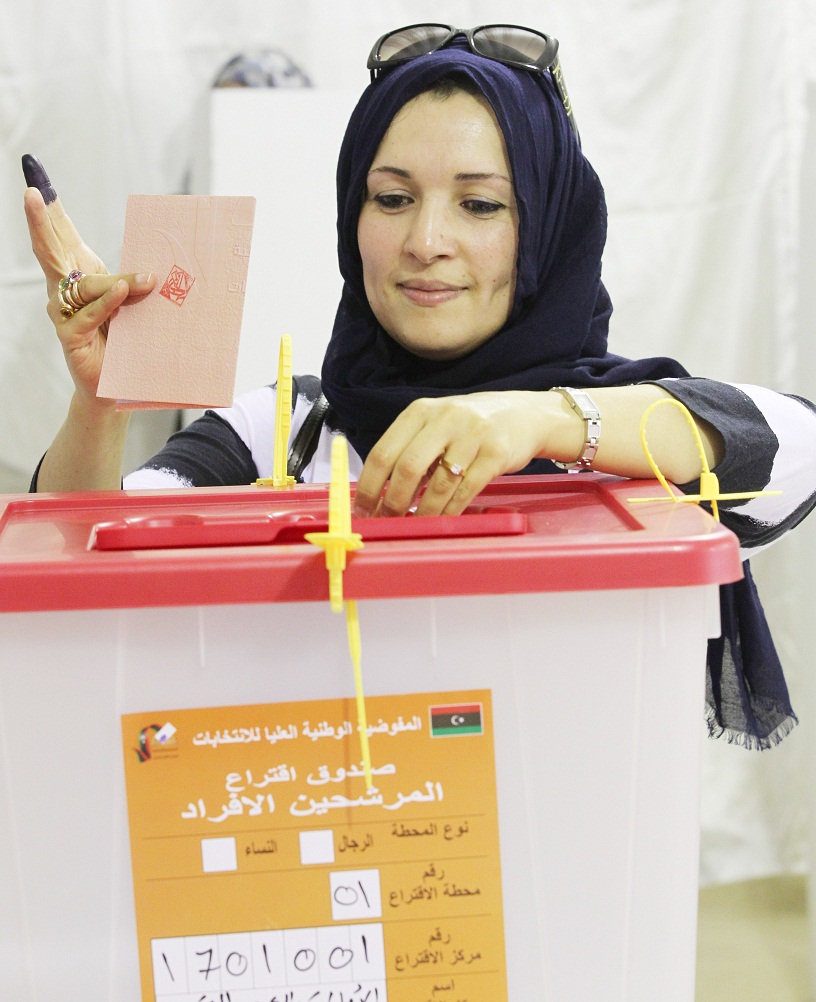The terrorist organization Islamic State has claimed responsibility for brutal twin bomb attacks in Beirut. Political scientist Bente Scheller tells DW why she is confident in Lebanon’s resiliency.
Bente Scheller is a political scientist who specializes in foreign and security policy. She currently heads the Beirut office of Germany’s Heinrich Böll Foundation, a political think tank affiliated with the Green Party. She can be followed at @BenteScheller.
DW: How serious is this attack?
Bente Scheller: We are shocked because it was the biggest attack in many years, and it came out of nowhere. We always expect something like this here, but we’ve had a very long calm phase. We’re still wondering what is behind this, but in any case, it is something that has really shocked this country.
Was this attack – as claimed by Sunni ‘Islamic State’ fighters – aimed at Shiite Hezbollah fighters in Lebanon who back Syrian President Bashar al-Assad?
I would be cautious about interpreting it in that way. Of course, Islamic State has claimed responsibility, but there is actually no IS video of the attack, which I find unusual. I think that all interpretations along these lines obviously contribute to the polarization of the people in the country. The attack struck a neighborhood where Hezbollah is strong, but also where Palestinians and Syrians live. If someone wants to target the Hezbollah, there are enough places they could strike to send a clear signal against its military activities in Syria.
What is the Hezbollah’s part in the Syrian war and how strategically important is organization?
It is very important for Assad. We have seen that his army and his fighters have not been particularly powerful. The forces have been weakening, and that is why they have become all the more dependent on Hezbollah’s involvement. That is why it is very important for Syria, in every respect, that Hezbollah is active there.
But the situation is different in Lebanon. Here, Hezbollah’s activities are being promoted as a defense mechanism against terrorism. Hezbollah argues that it combats terrorism outside of the country’s borders so it does not reach Lebanon. From this standpoint, it is particularly bad for Hezbollah if something like this happens in its own territory.
Could this signal the spread of the Syrian war to Lebanon?
This is, of course, a very tense and high-risk situation. But politicians from across the spectrum have condemned the attacks and expressed their sympathies to the victims. Today is a national day of mourning. The political elite are trying to appear unified against terrorism and to encourage unity in the country and among the people.
Do you see the attack as an attempt to destabilize the state of Lebanon?
Yes, I think all the attacks that we have seen in recent years aim to do so. In a precarious political situation, it is clear that that something like this can lead to violent clashes, which in turn threaten the balance so painstakingly established among different groups. Of course, the people are also angry because so many Syrians are here. One must bear in mind that some 2 million Syrians live among 4 million Lebanese – that is also very difficult. That is why every attack poses a potential threat to peace in society.
How stable is Lebanon at the moment?
The bell has often tolled for stability. If one believes much of what is reported, the country is standing on the edge of a precipice – and, in some respects, this is true. But I would compare the country to a building that has been built in an earthquake zone. It sways, but that also makes it flexible. So far, we have observed that this setup has worked well, even though outside pressure from the civil war has been mounting.
Do you think additional attacks could lead more people to leave Lebanese refugee camps for Turkey and Europe?
I do not know if that trend will rise. Many people leave the country but not because Lebanon is so unsafe. The legal situation for refugees is so uncertain that many see no prospects for living a life there. That is why many have made their way back to Syria or to Europe. That will probably continue. But I do not believe that this attack will lead to another major movement of refugees.




